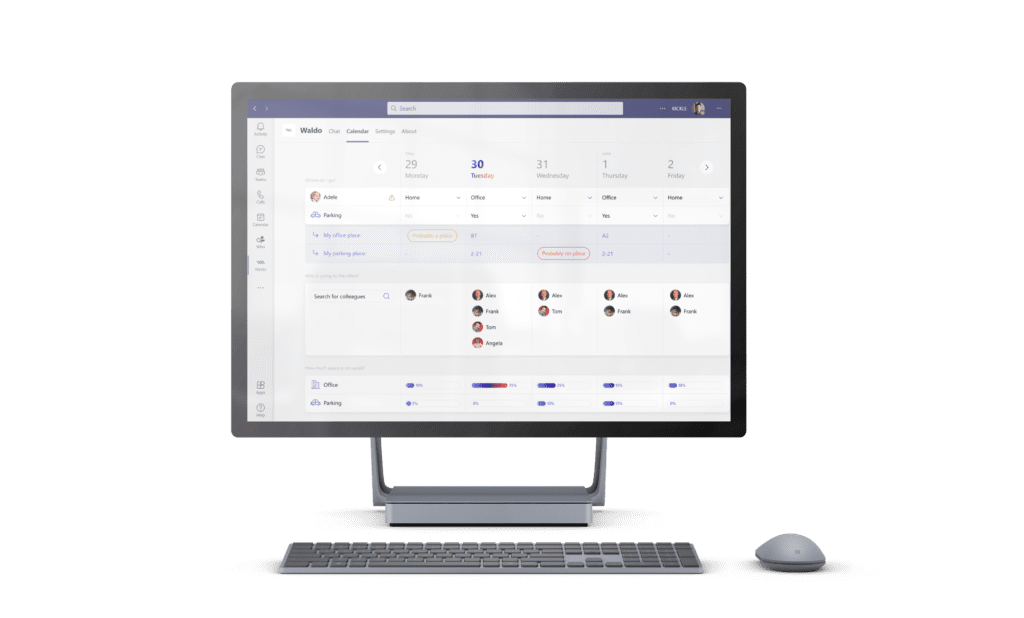
18 Mar The Legalities of Working from Home
During the COVID-19 health crisis, many employees across the U.S. and Canada started working from home (WFH), either out of obligation or personal choice. And this trend is showing signs that it may continue well beyond the resolution of the pandemic. Studies have highlighted[1] that productivity does not go down when working from home, but that it actually goes up—to the tune of 13%. Employees themselves prefer working from home too, with 75% of 2,000 survey respondents[2] claiming they are happier overall working out of their home offices.
Unprecedented circumstances have led to unprecedented action. This means that, at times, certain laws were overstepped in favor of flexibility and adaptability during the pandemic. But now that we are hopefully getting back to normal, employers, employees, and contractors should educate themselves on the legalities around working from home. Let’s dive in!
[1] https://nbloom.people.stanford.edu/sites/g/files/sbiybj4746/f/wfh.pdf
[2] https://employeebenefits.co.uk/employees-happy-working-home/
Working from Home: Explain the Legalese, Please!
Right to Work from Home
Despite current circumstances, U.S. employees do not have a right to work from home. This is entirely up to the employer. The same applies in Canada. Diving deeper, however, there are circumstances where employees can gain the right to work from home:
- On Human Rights Grounds – If the employee requests flexible working arrangements in response to a protected ground under human rights legislation, the employer must make efforts to compromise and accommodate. Without doing so, the employer risks a human rights claim. This could include race, gender, or disability discrimination.
- Possibility of Remote Work – If remote work is possible, employers must consider all requests from employees. The employer has the right to refuse if the company will be negatively impacted in any way by flexible working arrangements. Similarly, employees can refuse WFH arrangements and continue to commute to the office, unless there are significant health and safety risks associated with their office presence.
- FMLA – The United States Family Medical Leave Act (FMLA) gives employees with special medical conditions the right to request to work from home. Again, the final decision lies with the employer and whether the business will be negatively impacted.
- Childcare and Caregiving – In Canada, employees are entitled to unpaid and job-protected leave if childcare support is unavailable. This only applies if remote work is not possible. Employers must accommodate all requests relating to childcare and caregiving but have no obligation to accept them. Local government laws include the Ontario Employment Standards Act, and Personal and Family Responsibility Leave in Atlanta.
Employment Contracts
In short, employment contracts largely govern the possibility and right for employees to work from home, with little else in the form of legislation or protection.
- U.S. – The U.S. Fair Labor Standards Act says employers can implement remote working as long as they accurately record hours worked for remote employees. Remote working policies and procedures must be stated in the employment contract, and can be added to supplement the contract at a later date if the original contract has no details on flexible working.
- Canada – The provincial nature of Canada means that employees are subject to varying laws around remote working. Ontario’s Employment Standards Act applies to employees working inside or outside of the province. Someone living in Nova Scotia will not have the same protections, as there is no legal distinction between homeworkers and office workers in that province.
Office Equipment
U.S.
In the U.S., employers have an obligation to provide IT and office equipment if the employee does not have sufficient means at home. This includes computers, peripherals, telephony services, and broadband in certain circumstances. Employers can purchase and install equipment at the employees’ home or provide an equipment subsidy as part of the employment contract—with which the employee should purchase the necessary equipment. Employees can, of course, take advantage of bring-your-own-device (BYOD) policies if they are in-place.
Canada
In Canada, working from home is treated as an occupational health measure rather than a flexible work arrangement due to COVID. This means that OHS protocols apply with equipment ergonomics, meaning employers have an obligation to provide suitable equipment to employees.
Section 125 (1) of the OHS Act states that “in respect of every work activity carried out by an employee in a work place that is not controlled by the employer, to the extent that the employer controls the activity,” with further details in section (L) stating employers must “provide every person granted access to the work place by the employer with prescribed safety materials, equipment, devices and clothing.” This basically states that a “workplace” includes the home office when flexible working arrangements are in place, making it the employer’s responsibility to ensure computers, peripherals, and telephony services are provided. Most provinces explicitly prohibit passing on expenses incurred when purchasing equipment to employees, with the employer fronting the cost. The cost of home office real estate itself is the responsibility of the employee. As always, employment contracts can result in formal arrangements that differ slightly from the law.
Workplaces Work Better with Waldo

Employers and employees have had a hard time during the pandemic. As people return to the office, limited capacity and social distancing guidelines will remain in place. For those that decide to brave the outdoors and visit the office, they can do so safely with Waldo! Simply by chatting with Waldo through Microsoft Teams, employees can reserve desks, parking spaces, and get notifications when health and safety risks are present. If teammates are in the office, Waldo lets you know so you can join them!
Get started with desk monitoring, parking monitoring, and teammate location notifications on our Teammates plan – forever free!


